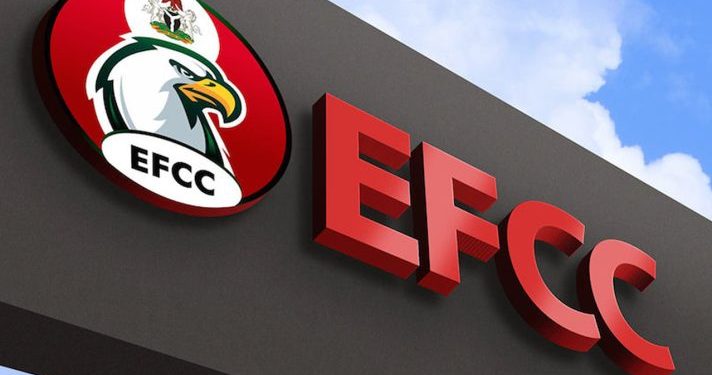Cletus Ibeto, the chairman of the International Energy Development Company, filed an appeal with the Economic and Financial Crimes Commission (EFCC) asking to have the bench warrant issued against him by a Lagos State High Court overturned. The Court of Appeal is currently in session in Lagos.
Despite the fact that the businessman filed a preliminary objection contesting the lower court’s authority to trial him, the EFCC informed the three-man panel of appeals presided over by Justice Muhammed Mustapha that it has the power to order the arrest of the man.
Justices Folashade Ojo and Abdullahi Mahmud Bayero are the panel’s additional members.
Ibeto was ordered to be arrested on November 3, 2023, by Justice Ismail Ijelu of the Lagos High Court after he repeatedly failed to appear before the court to enter a plea of guilty to an alleged N4.8 billion fraud.
The defendant was accused of conspiracy, fraud, forgery, and using documents fraudulently on a 10-count charge by the anti-graft organization along with his businesses, Ibeto Energy Development Company and Odoh Holdings Ltd.
The defendant submitted a preliminary objection challenging the court’s authority to hear him through Chief Wole Olanipekun, Senior Advocate of Nigeria.
He claimed that his initial objection brought up the constitutional territorial issue, which necessitates hearing and ruling before arraignment because it is so important.
Additionally, he argued that the hearing of a preliminary objection pertaining to the court’s jurisdiction, which was already ripe for adjudication, is not required or preconditioned by his presence in court or his arraignment.
As a result, the appellant requested that the Court Appeal vacate the arrest warrant and dismiss the lower court case as well.
However, the EFCC’s Senior Advocate for Nigeria, Rotimi Jacobs, argued that until the appellant appears in court and enters a plea to the charge, no issues are actually brought up in the criminal trial, and that he is technically not subject to court jurisdiction.
Jacobs added that the law gives the court the authority to issue a bench warrant against the defendant in order to secure his presence in court when it is determined that he is absent without an adequate justification.
The EFCC prosecutor added that the lawmaker intended for section 396 (2) of the Administration of Criminal Justice Act (ACJA) to only be raised after the defendant’s plea has been entered.
“The lawmaker does not intend to grant a defendant the right to remain in his home and summon counsel to appear in court on his behalf without the defendant showing up. This is true whether he contests the veracity of an information or charge brought against him.
The Appellant purposefully declined to appear before the court, despite the lower court’s apparent patience with him. Therefore, the appellant’s claim that the lower court ignored its record is unjust. By purposefully declining to attend the court’s proceedings, the Appellant and the other defendants caused a delay in the proceedings.
Jacobs also disclosed to the court that Chief Ibeto had approached the anti-graft organization during Monday’s proceedings in an effort to negotiate a plea deal and return the funds he allegedly obtained from Chief Daniel Chukwudozie, the nominal complainant.
However, Chief Wole Olanipekun denied being aware of the conversation and claimed that his client had instructed him to continue the appeal.











